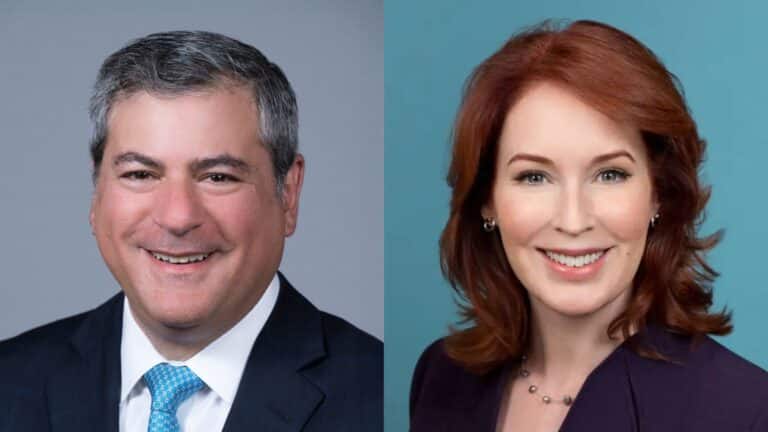China moves to supercharge green hydrogen as US pulls back
The country's new policy is likely to boost the production of green hydrogen, which the country aims to use to decarbonize airplanes, ships, and heavy…
Current Access Level “I” – ID Only: CUID holders, alumni, and approved guests only
This website uses cookies as well as similar tools and technologies to understand visitors’ experiences. By continuing to use this website, you consent to Columbia University’s usage of cookies and similar technologies, in accordance with the Columbia University Website Cookie Notice.
Our work is committed to independent and nonpartisan research that meets the high standards of academic integrity and quality at Columbia University.
Our initiatives and programs are designed to address critical needs in key focus areas around energy and climate policy.
Explore our expert insights and analysis in leading energy and climate news stories.
The country's new policy is likely to boost the production of green hydrogen, which the country aims to use to decarbonize airplanes, ships, and heavy…
Get the latest as our experts share their insights on global energy policy.
The Trump administration is increasingly using equity investments as a tool of industrial policy to support domestic critical minerals supply chains.

Hear in-depth conversations with the world’s top energy and climate leaders from government, business, academia, and civil society.
Energy has long been used as a weapon. The United Kingdom blocked oil exports to Germany during World War I. Hitler’s fall was due in part to losing...

Find out more about our upcoming and past events.
The Center on Global Energy Policy at Columbia University SIPA's Women in Energy initiative invites you to join us for an interactive workshop on professional relationship-building and networking....
![[Oct. 30] Networking with Intention: Advancing Your Career Through Relationships](https://www.energypolicy.columbia.edu/wp-content/uploads/2025/10/Image_Networking-with-Intention_-Advancing-Your-Career-Through-Relationships-768x432.png)
We are the premier hub and policy institution for global energy thought leadership. Energy impacts every element of our lives, and our trusted fact-based research informs the decisions that affect all of us.
Overview
The Center on Global Energy Policy is committed to independent and nonpartisan research that meets the high standards of academic integrity and quality at Columbia University.
What We Do
We advance smart, actionable, and evidence-based energy and climate solutions through research, education, and dialogue.
Our Team
Meet our staff and senior energy experts from government, academia, industry, and nongovernmental organizations.
Juan José Guzmán Ayala is currently policy and finance advisor at the Atlantic Council’s Adrienne Arsht-Rockefeller Foundation Resilience Center in Washington D.C., where he leads the development of innovative financial structures to forward adaptation efforts and deliver resiliency for vulnerable peoples to face the climate crisis. For the past six years Juan José has been working at the intersection of human wellbeing, economic policy and climate finance with a focus on Global South countries. After a short stint in investment banking, he joined ISF Advisors, where he supported the development of innovative blended finance structures for agricommodities benefitting smallholder farmers and SMEs in low- and middle-income economies. At Transforma, a Colombia-based think tank, he co-led the development of the country’s first climate-related financial risk disclosure initiative, as well as the Latin America desk of the International Climate Politics Hub. He has since supported various governments, NGOs, financial institutions, and private corporations on the development of climate risk analyses, and climate finance and diplomacy strategies, in Colombia and the United States.
Juan José holds a B.A. in Economics and Sustainable Development from Columbia University, and is currently completing a dual master’s in public administration, and public health, at the same university, where he also serves as a Planetary Health Ambassador for the Planetary Health Alliance.
Get the latest news and research on energy & climate policy.
"(required)" indicates required fields
